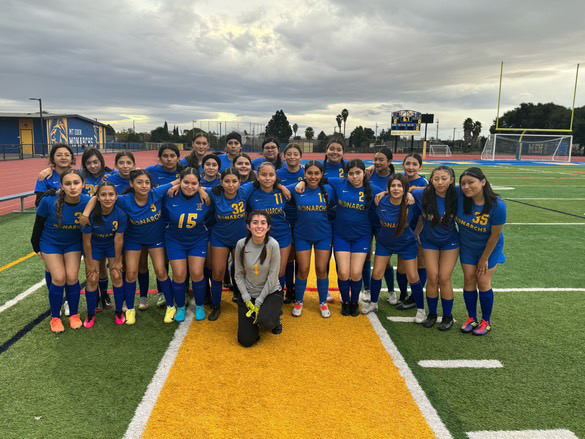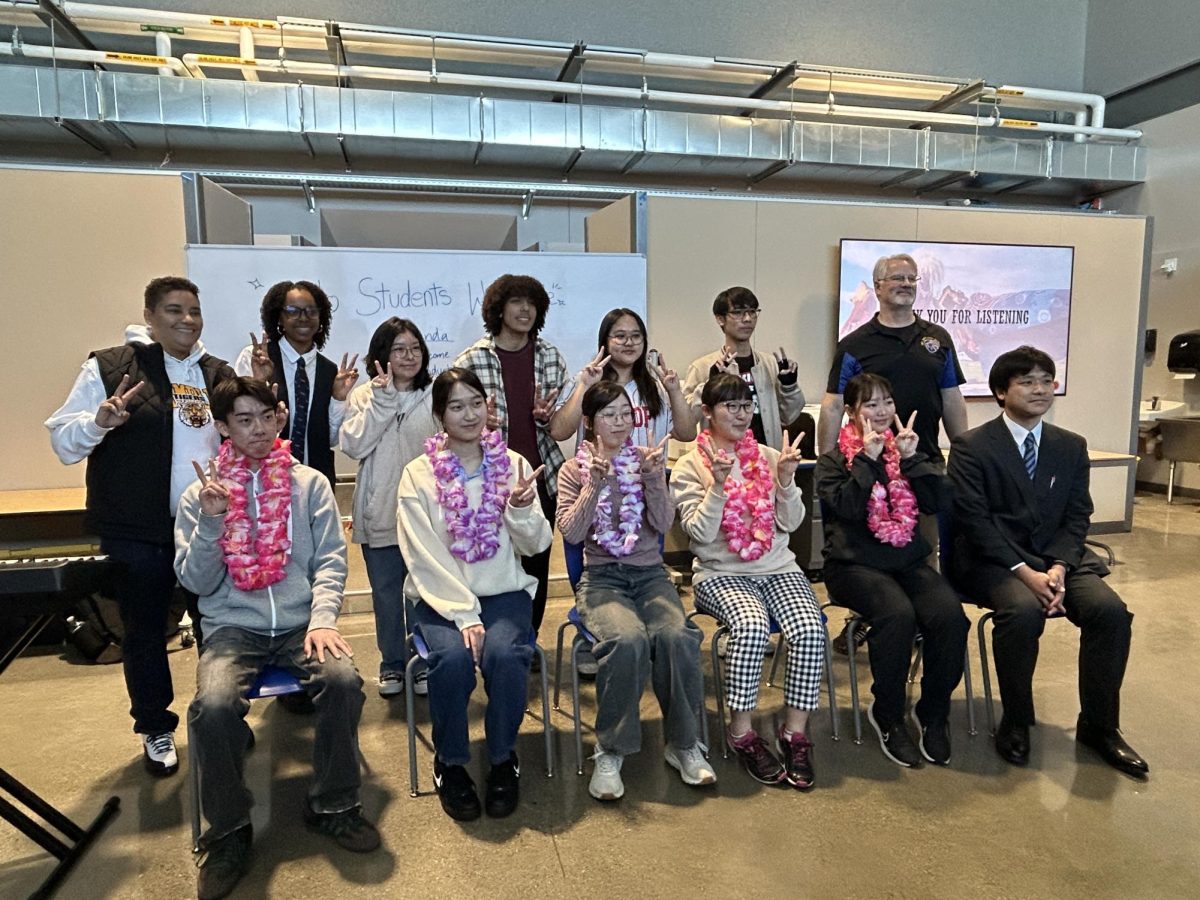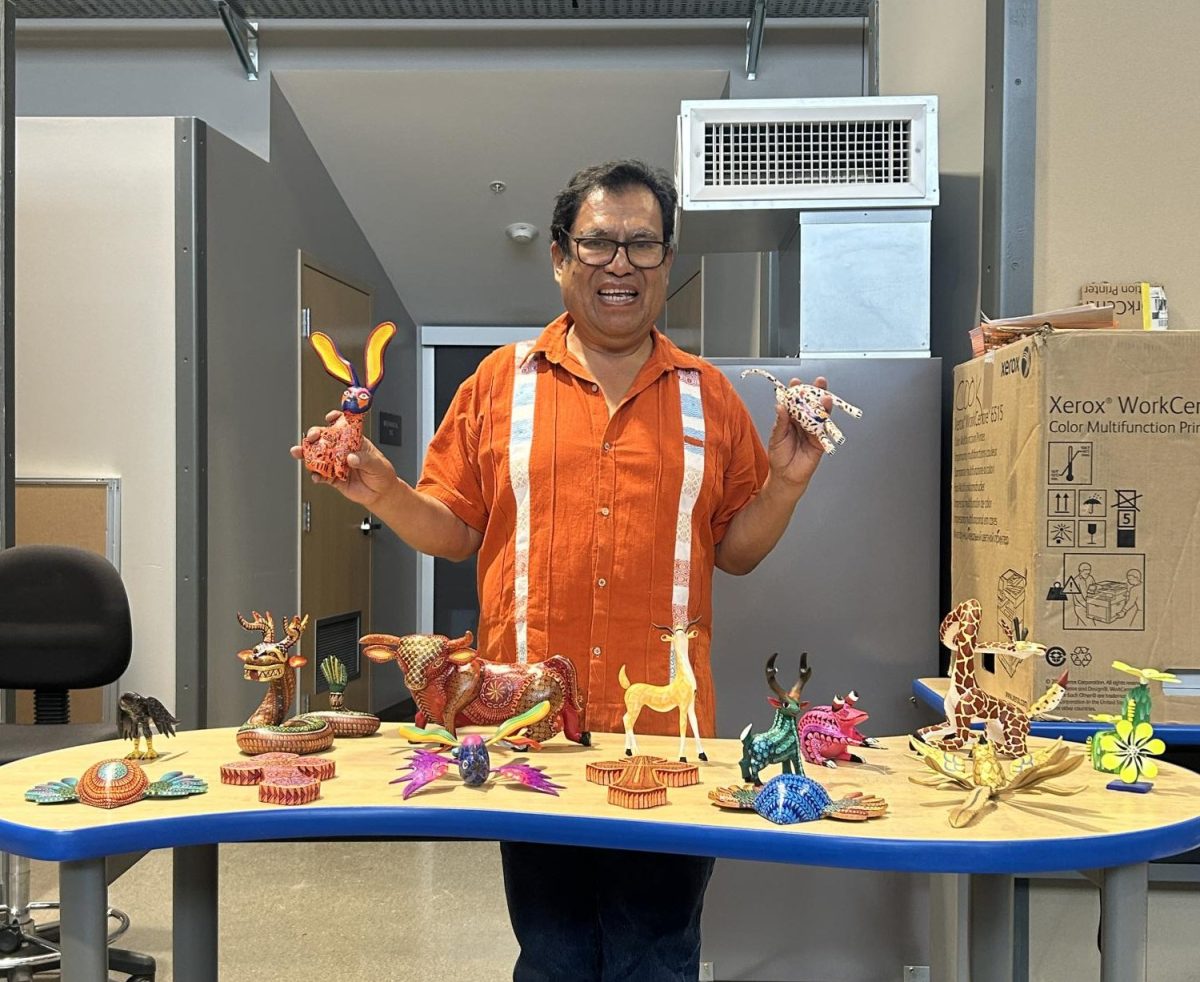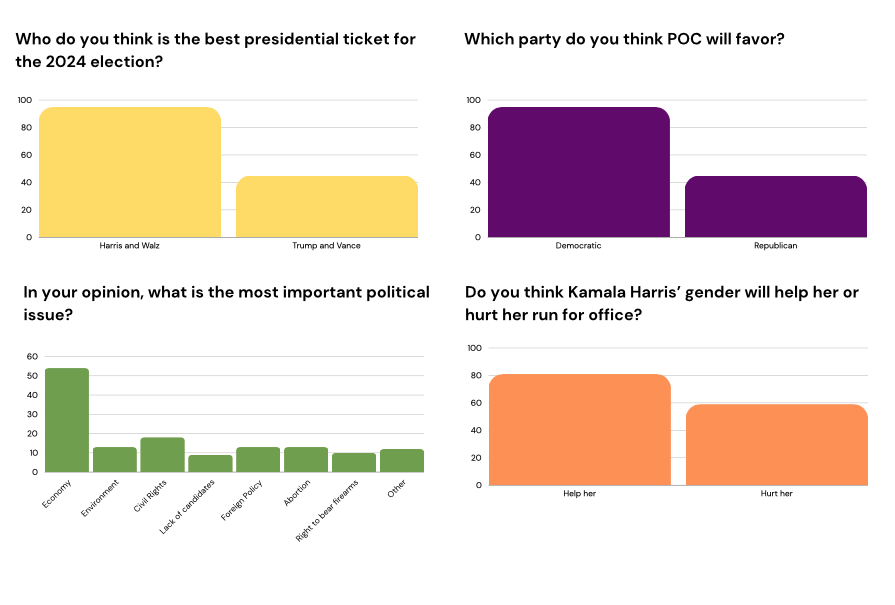
In today’s digital age, social media addiction has become a widespread issue, affecting millions of people worldwide. What started as a way to connect with friends and family has morphed into an all-consuming activity that can dominate our time and attention.
Around 70% of adolescents in the U.S. have a social media addiction. Students are particularly impacted by social media addictiton. According to Northstar Behavioral Health, 40% American students aged 18 to 22 years old report they have social media addiction.
On one hand, social media offers undeniable benefits, such as instant communication, access to information, and even career opportunities, but on the other hand, the constant stream of content, the need for likes, and the fear of missing out can trap users in a cycle of compulsive scrolling.
Many platforms are engineered to maximize user engagement, using algorithms and tricks designed to keep us hooked by constantly showing content that triggers our emotions, whether through validation, envy, or anger.
Research done by the National Library of Medicine confirms that the more a young person uses social media, the more likely they’ll be to develop serious mental health issues. Experts note that these mental health issues began to increase in children in 2011 and 2012, which was when most people started switching to smartphones.
The results revealed a connection between social media use and depression, as well as other negative outcomes such as anxiety, poor sleep, low self-esteem, and social and appearance anxiety. However, more research is needed to better understand standardized assessment methods.
There are different ideas for how to address the concern. Some are steps that individuals can take like setting limitations and minimizing usage, which could result in better overall health. Others want to create laws that prohibit social media apps from sending notifications during school hours. For example, LA Unified School District is taking it a step further by banning phones during school hours starting in 2025.
As a community, we can address social media addiction by promoting healthier online habits and fostering greater awareness. Education, workshops, or awareness campaigns in schools by local groups can help people understand the signs of addiction and the impact it has on mental health. Additionally, encouraging digital detox periods and creating safe periods where people can share their experiences and challenges could help build a collective effort.



















